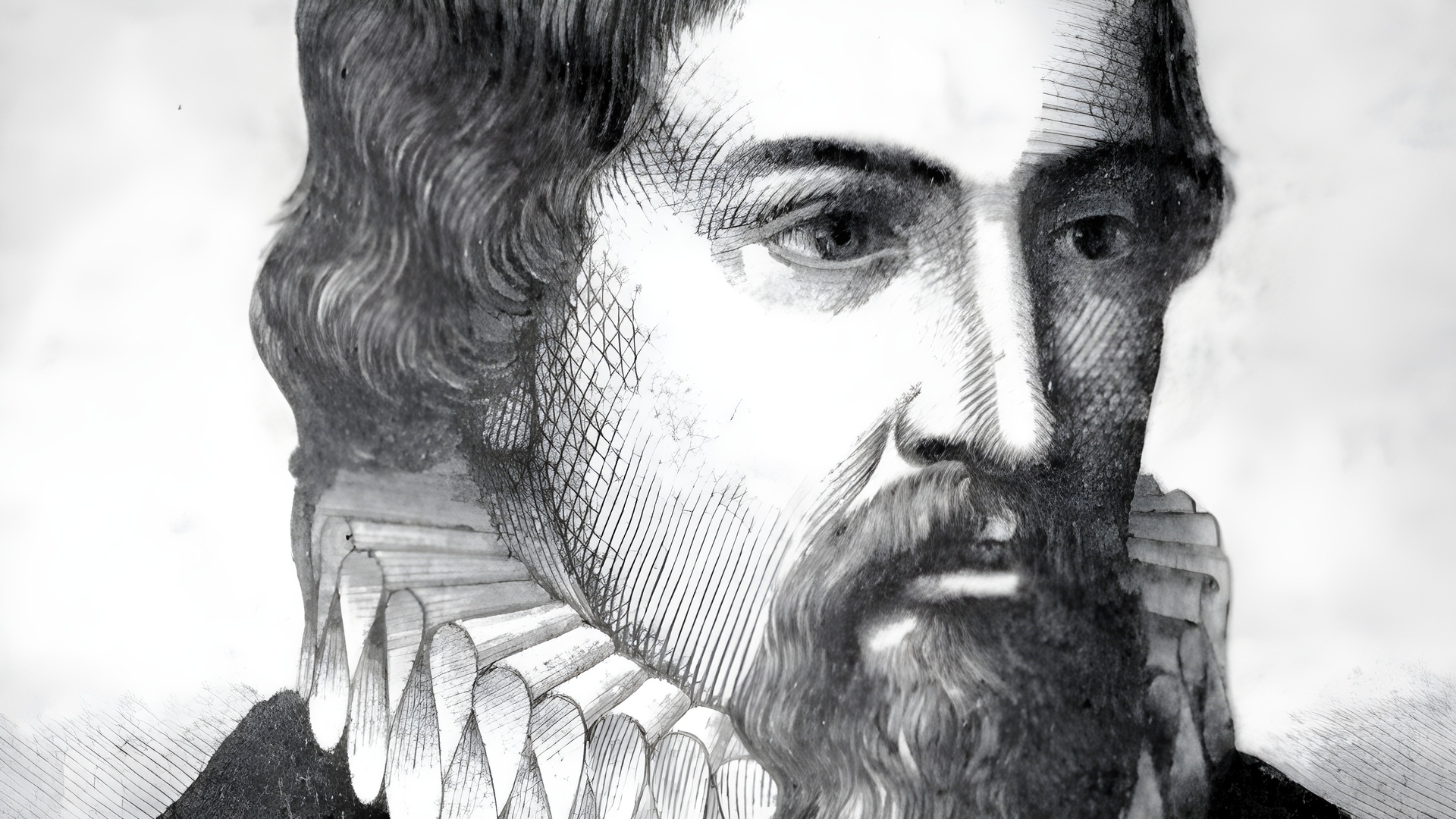Written by Tereza Benusikova
 Jan Blahoslav
Jan BlahoslavJan Blahoslav was a Czech priest and bishop of the Unity of the Brethren, pedagogue, humanistic writer, music theorist, and composer. He was born in Prerov on 20th February 1523.
He was born into a wealthy family. His first teacher was a priest Jan Wolf who taught him seven years in his hometown. In 1540, he moved to Prostejov to study with the priest Martin Michalec. He was sent to the humanities grammar school of Valentin Friedland-Trozendorf in the Silesian Goldberg. He continued his studies at university in Vitemberk where he was most influenced by Philipp Melanchthon.
Jan Blahoslav later worked in many places as an assistant or studied. He was sent to Basel in 1549 for his last studies, which was then an important center for education. Unfortunately, after a few months, he fell ill and had to return home to Prostejov.
In 1552 he left for Mlada Boleslav, where he stayed for five years. Here he devoted himself intensively to literature and preparation for his religious career. A year later he was ordained as a priest in Prerov. It was not easy at all because of the political situation, because the Unity of the Brethren was persecuted and together with bishop Cerny he was forced to hide. Between 1555 and 1557, he made four trips to Vienna to negotiate the release of Jan Augusta from Krivoklat Prison.
Blahoslav created several fundamental writings in Mlada Boleslav. He also started translating the New Testament. At the council in Slizany, he was elected bishop. His next and last place of work was Ivancice. There he devoted himself to the administration of the church and ran a school. He founded a printing company and was responsible for literary production and published works of his church. Thanks to Blahoslav, Ivancice became an important center of the Unity of the Brethren in Moravia.
Blahoslav is considered the ancestor of John Amos Comenius. He placed great emphasis on education and therefore brought up another generation of translators of the Bible of Kralice. He determined the linguistic form of the New Testament by translating it. Also, he raised the musical level of Unity. He was a pioneer in some areas and was one of the first to step out of anonymity and sign his printed works.
Blahoslav promoted the independence of the church and its departure from closer cooperation with other churches. His clash with Jan Augusta, who wanted to unite with the Utraquists, culminated at the end of their lives.
He died during a visiting trip to Moravian Krumlov in 1571.